title
From the Standing Group on Democratic Innovations.
This autumn, five positions on the Steering Committee for the Standing Group on Democratic Innovations are due for renewal.
Candidates and voting
Members of the group will be able to vote from 25 September 2024 for their preferred candidates to fill the vacancies. The voting period will be open for one month. Please see below the biographies, pictures and pitches from the candidates. The pitches will also be available on the voting platform, accessible once open when group members are logged into their account.
Stephen Elstub
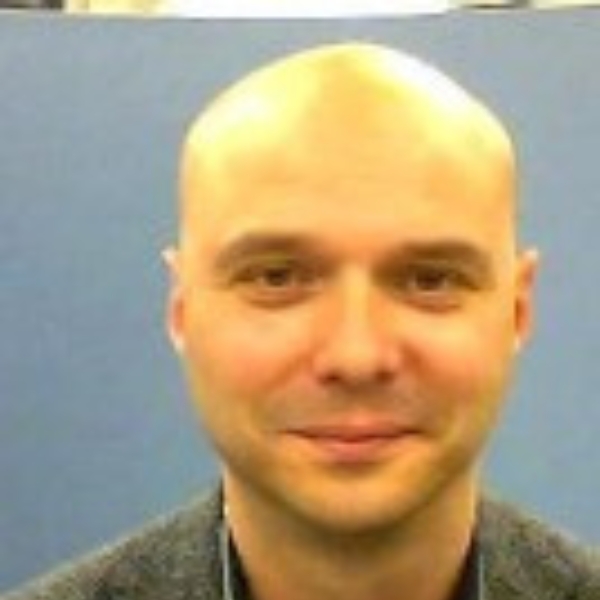
I am a Professor of Democratic Politics at Newcastle University in the UK. I am also a fellow of the Centre of Deliberative Democracy and Global Governance and the Tyndall Centre. Throughout my career I have been passionate about improving democracy and creating more and better opportunities for public participation and deliberation, hence my focus on democratic innovations. I have been involved in the evaluation of several high-profile citizens’ assemblies, but I have also sought to provide a broader understanding of democratic innovation e.g. the Handbook of Democratic Innovation and Governance. I have found being a member of the Democratic Innovation Standing Group extremely valuable in the support and connections it has provided me and I want to give something back to this community. I would bring valuable experience as a previous convener of the PSA’s specialist group on Participatory and Deliberative Democracy, editor of Representation and the De Gruyter book series on citizens’ assemblies and mini-publics. As a steering committee member my priority would be to support early career researchers. I would also seek to enable the group to forge connections with other cognate fields and disciplines and develop relationships with stakeholders and practitioners outside of the academy.
Anne Jedzini
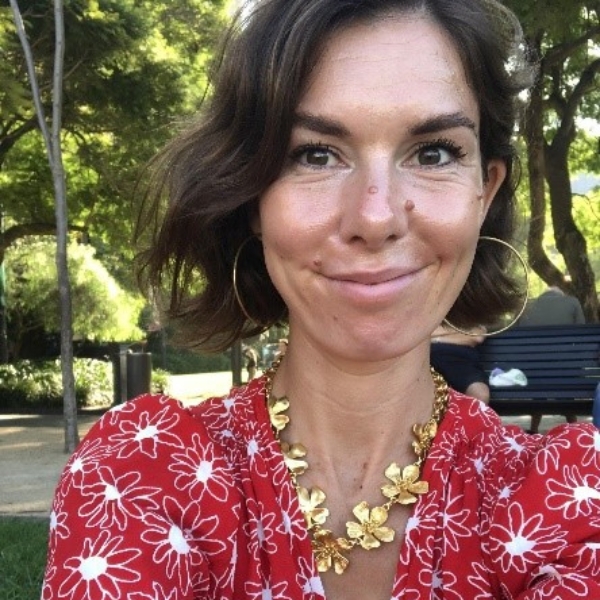
Fellow peers of Democratic Innovations, I am Anne Jedzini, a PhD researcher at Centre for Deliberative Democracy and Global Governance at University of Canberra. I am in the last months of my PhD that explores how powerholders of DIs experience, exercise and share power with citizens in Australian local governance. My research bridges power theory, DI and public governance scholarship with the aim of advancing how power is theorised, conceptualised and empirically studied in DI. As former Vice Mayor of Aarhus in Denmark, I bring practical experience in DI having served on two deliberative co-creation task committees. This blend of political practice and academic research informs my perspective of how DIs can transform public governance and how scholarship and political practice can gain valuable insights from each other. This is a research agenda I wish to pursue with fellow peers if elected, for example in a workshop or similar. The DI community is unique because of its generous, inclusive and uplifting nature that is also at the heart of the normativity of the field. This culture is what makes democratic innovations research so special and why it would be an honour to represent you as a member on the SG. Best election wishes, Anne
Joanna Podgórska-Rykała
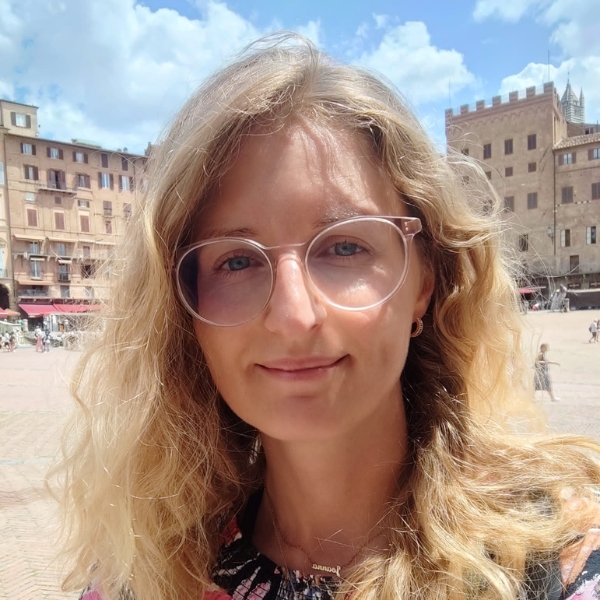
Joanna is a graduate of law, political science, and administration, Doctor of Social Sciences (2016), habilitated in the discipline of Political Science and Administration (2024). She works at the University of the Commission of National Education in Krakow and as coordinator of the research and analysis department at the Foundation in Support of Local Democracy. Awarded the Scholarship of the Polish Minister of Science for Outstanding Young Scientists (2022-2025). She has authored, co-authored, and edited 130 publications. Visiting scholar at Trinity College Dublin (2024); Jean Monnet Fellow at the EUI in Florence (2022-2023) and Fellow at the Silesian University in Opava (2020). She is interested in deliberative democracy and its possible applications in local government. Her latest book Deliberative Democracy, Public Policy, and Local Government was published in 2024 by Routledge. She has significant experience in organizational work (e.g., organizing conferences, coordinating joint publications, serving as e.g., associate dean/director of science), and wants to use this experience to benefit our group in the Steering Committee. Her plans for the time in the office are to learn and develop, as well as to help other members of the group to do so. Focuses on integration through collaboration and networking. Mum of 11-year-old Julian and lover of Scandinavian crime fiction. Loves the color pink.
Melissa Ross

I am a postdoctoral researcher at the University of Bremen and co-lead the Global Citizens’ Assembly Network (GloCAN). I research theories of participatory and deliberative democracy and their implications for practice, in Latin America and globally. I am running for the steering committee with to goals: to support fellow early career researchers (ERCs), and to broaden the reach of our standing group. To achieve this, I propose to: (1) strengthen cooperation with other ECPR standing groups - for instance, co-sponsoring panels at the General Conference, both with groups engaged in the past (Sciences of the Democracies, Latin American Politics) and other groups connected to our topics (e.g. Political Concepts, Affective Polarisation), so we can attract new audiences to our section and bring our research to other connected fields; (2) improve the visibility of our members’ research, by co-organising webinars with new and existing projects (e.g. Horizon, COST, CERV), roundtables for new book launches, and exchanges with practitioners, (3) create networking opportunities for ERCs, for example through mentoring sessions in parallel to the ECPR General Conference and dedicated informal spaces for exchange during social events, and (4) explore further collaboration with existing (APSA, PDD, Red de Politólogas) and new (IPSA, DDD) international partners, for example to coordinate panels at other international conferences and co-organise online and offline events.
Matt Ryan

I am Professor at the Department of Politics and International Relations at the University of Southampton. My research crosses several disciplinary boundaries and core to all my work is understanding and improving the democratic qualities of collective decision-making. I am Principal Investigator of the Rebooting Democracy project, Associate Director of the Web Science Institute, and Co-I on the Biohybrid Futures project. I have engaged regularly with the SG since its inception and have in the past organised SG sponsored Joint Sessions and acted as Section Chair at the General Conference. I would like to continue giving back to the community by joining the Steering Committee. My priorities should I be elected to the committee will be to continue the good work of those who have managed the SG previously, increasing inclusion, opportunities for mentoring, and opportunities for enhancing the quality of the research and professional qualities throughout the community.
David Taludker
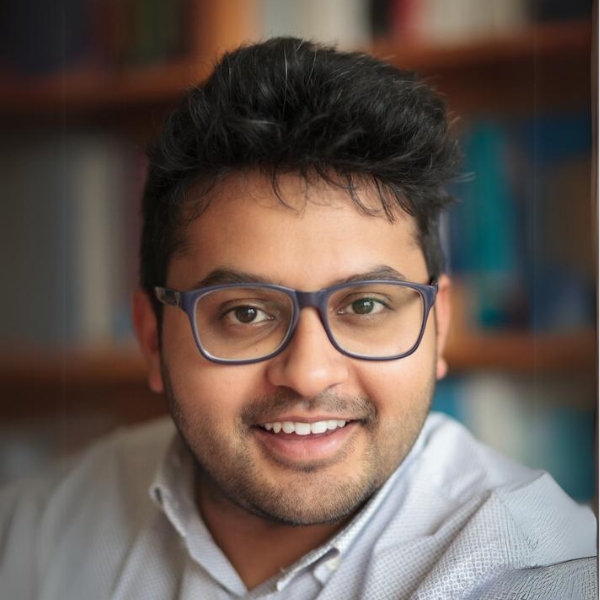
My name is David Talukder. After completing my PhD at the Université libre de Bruxelles and a postdoctoral fellowship at the University of Cambridge, I am currently a Postdoctoral researcher at the University of Namur, working within the ERC POLSTYLE project. My research focuses on public support for democratic innovations and elites’ discourse, with a particular interest in understanding why citizens and elites are (un)favourable to the implementation of deliberative mini-publics. I would be thrilled to serve as a member of the Steering Committee to stay connected with the field and contribute actively to the SC’s mission. This includes sharing information on events and research, connecting scholars across our discipline, and organizing (un)formal activities that foster collaboration—especially among early-career researchers. I strongly believe that collaboration makes research stronger, and I would love to help create even more arenas for us to push the boundaries of the democratic innovations literature together.
Julien Vrydagh
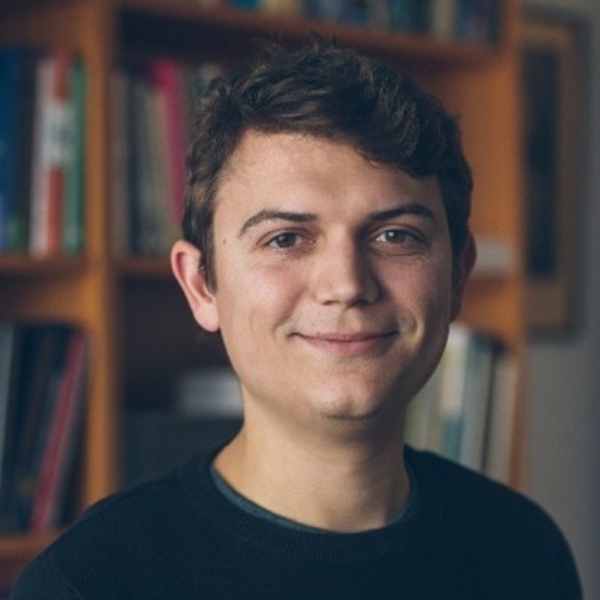
I am Julien Vrydagh, an Assistant Professor of Political Science and Democracy at the Interdisciplinary School of Social Sciences, UHasselt (Belgium). My research focuses on the political impact of participatory processes and their integration into political systems. I am also interested in advancing a systemic approach to democracy. I am running for the Standing Committee to support the continued growth of our community while fostering its inclusive, vibrant, and welcoming spirit. I envision a more interconnected Standing Group, one that strengthens ties between junior and senior scholars and actively engages marginalized researchers, both geographically and academically. A key priority for me is organizing events that encourage collaboration, innovation, and the exchange of ideas within our group. I am committed to making our Standing Group more accessible, actively listening to members, and advocating for their interests within the ECPR consortium. Our Standing Group must remain a leading forum for research on democratic innovations. While we should preserve our expertise on minipublics, we must also expand our focus to encompass the rich diversity of participatory processes worldwide. Maintaining dialogue with normative theorists is essential to support our thinking on the design and evaluation of democratic innovations. Finally, we should embrace interdisciplinary research to deepen our collective understanding of citizen participation.